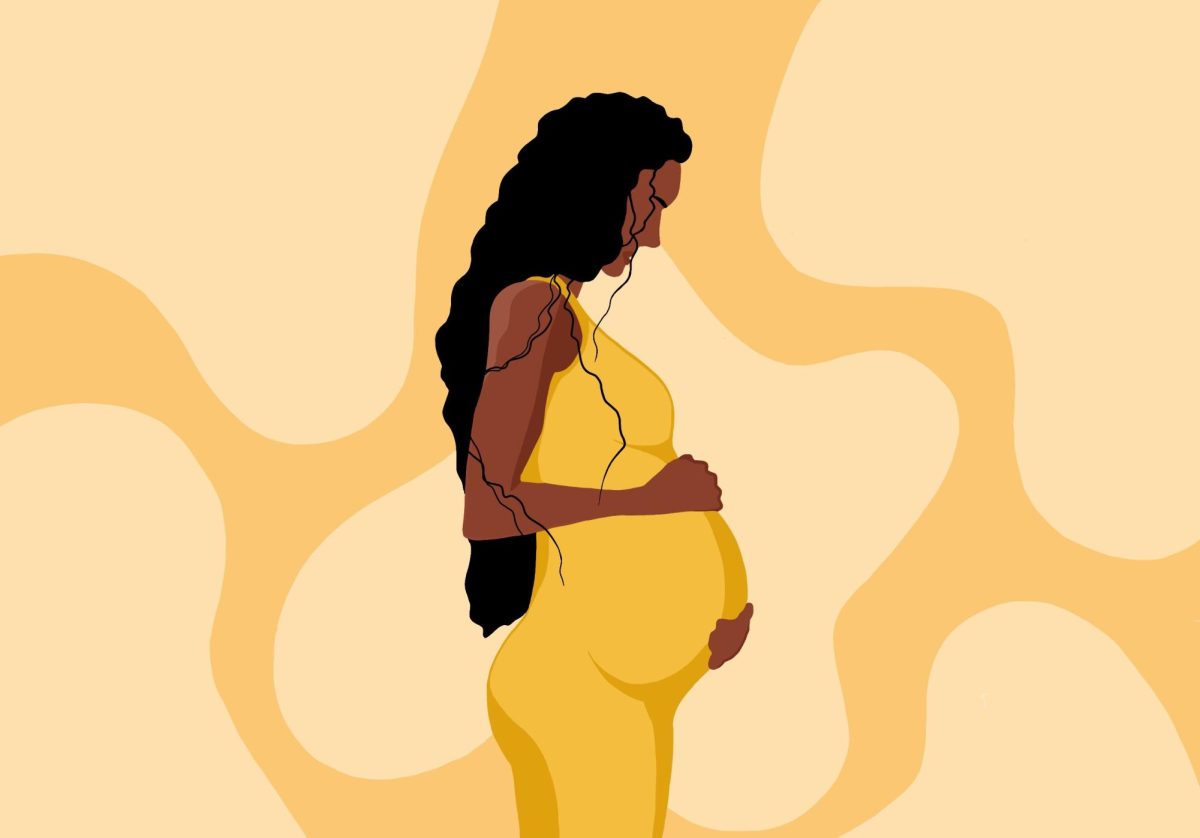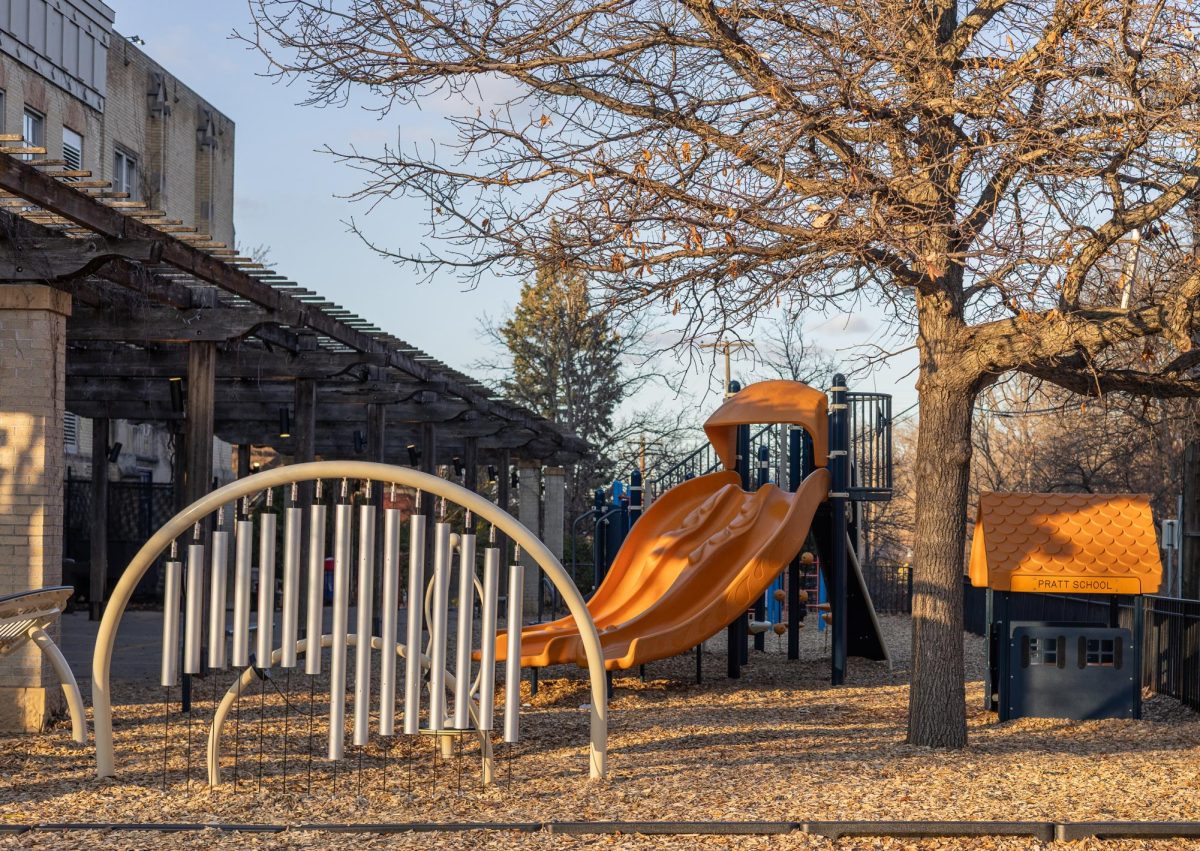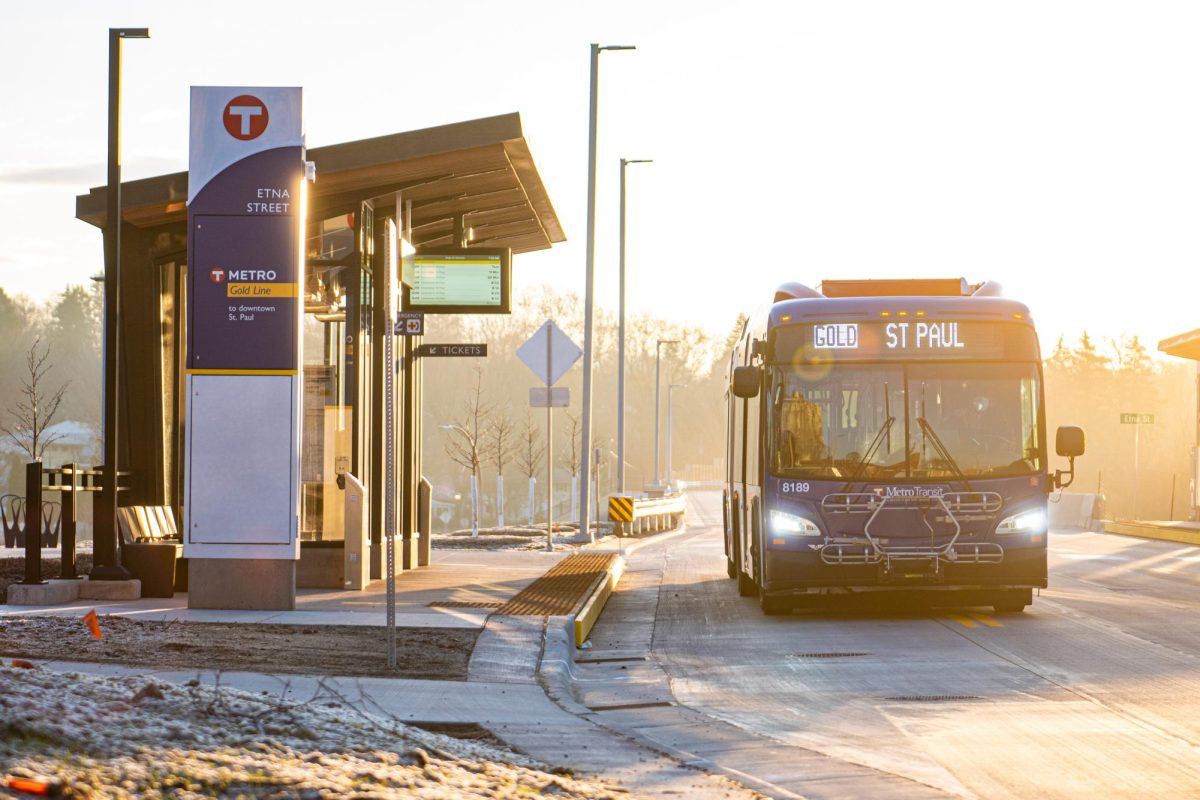A state agency advocating for the queer community is surveying alongside local LGBTQ+ organizations to better understand queer people across the state.
Created in 2023, the 16-member Council on LGBTQIA2S+ — lesbian, gay, bisexual, transgender, queer, intersex, asexual or two-spirit — Minnesotans advises the state government and legislature on issues of the queer community within the state.
Emma Watts, executive director of the council, said the survey — or community needs assessment — aims to identify the needs of underrepresented groups within the queer community, such as people of color, people with disabilities and people experiencing homelessness.
“We prioritize research at the state and within this Council because we know that there are huge cuts to LGBTQ(+) research happening across the country,” Watts said. “This information and this work are essential to getting people that care and services they need.”
The council is partnering with local organizations such as OutFront Minnesota, Trans Northland and Gender Justice to spread the survey and learn how these organizations currently support queer Minnesotans.
Gathering data to learn more about the needs of the state’s queer community has been discussed before, so working with the Council was a natural partnership, said Andi Otto, executive director of Twin Cities Pride.
“I felt it important that we get this out to as many folks as we possibly can,” Otto said. “We know that Twin Cities Pride has a giant reach. I wanted to make sure that we were good partners and pushed forward the initiative.”
Watts said this data will also help guide Council recommendations to legislators about what to do on a government level to support the community. With this data, leaders could better understand the overlap the queer community has with other Minnesota communities to make life better for everyone.
“It’s more than data,” Watts said. “It’s about building power for LGBTQ(+) people and advancing equity and really honoring the diversity of our communities.”
The survey asks questions about the services people use, how they were treated while getting these services and reasons why they cannot access certain services they need. Watts said the survey can help measure the impact of national legislation attacking the queer community alongside the funding cuts to research and federal programs.
“This will tell a new story, one that many people in the community know to be true, but without that data, we can’t effectively advocate for policy change and to build the kind of wide buy-in and make the changes necessary to actually address these challenges,” Watts said.
With national politics creating uncertainty in the queer community, Otto said Twin Cities Pride has seen an increase in people seeking their resources, such as Rainbow Wardrobe, which provides gender-affirming clothes and essentials such as toothpaste, shampoo and more.
“We’re seeing an influx,” Otto said. “I just received a call last week from someone who was literally on a bus on their way here and said, ‘I have nothing when I get there.’ It’s weekly.”
Twin Cities Pride’s cultural arts center saw around 1,700 people use their services in March alone, Otto said. The center houses the Rainbow Wardrobe, cultural education and support groups, according to their website.
Besides learning how Twin Cities Pride can better help the queer community, Otto said the assessment could shed light on the funding needed from the state and federal government. Federal funding cuts have forced Twin Cities Pride to prioritize different events and resources, Otto said.
“When we do stories like, ‘Hey, sponsorships are getting cut. How is it going to affect the festival in June?’ It’s not going to affect the festival in June,” Otto said. “What it is going to affect is our ability to help individuals all year round. Those are the programs that are going to get cut.”
Outside of gathering data to improve their awareness of community needs, Otto said he hopes the survey will help create more partnerships between state agencies like the Council and local LGBTQ+ organizations. Otto added this data will raise awareness and identify issues not only in the queer community but in others too.
“Especially right now, it brings the awareness that we are much more alike than people think,” Otto said. “This isn’t just a problem that affects the BIPOC community. This isn’t just a problem that affects substance abuse. There is so much intersectionality between all of these that if we just focused on taking care of our community as a whole, we’d be much better off.”















Ken DeYoe
Apr 11, 2025 at 1:34 pm
Let’s just hope they get good feedback from many respondents. Having reliable and mucho data is best to be able to analyze needs and identify improvements.
Get them help
Apr 11, 2025 at 8:24 am
I do not identify with this community and do not agree with their lifestyle choices, however, they are people and have needs. We should care for them as we do for others.